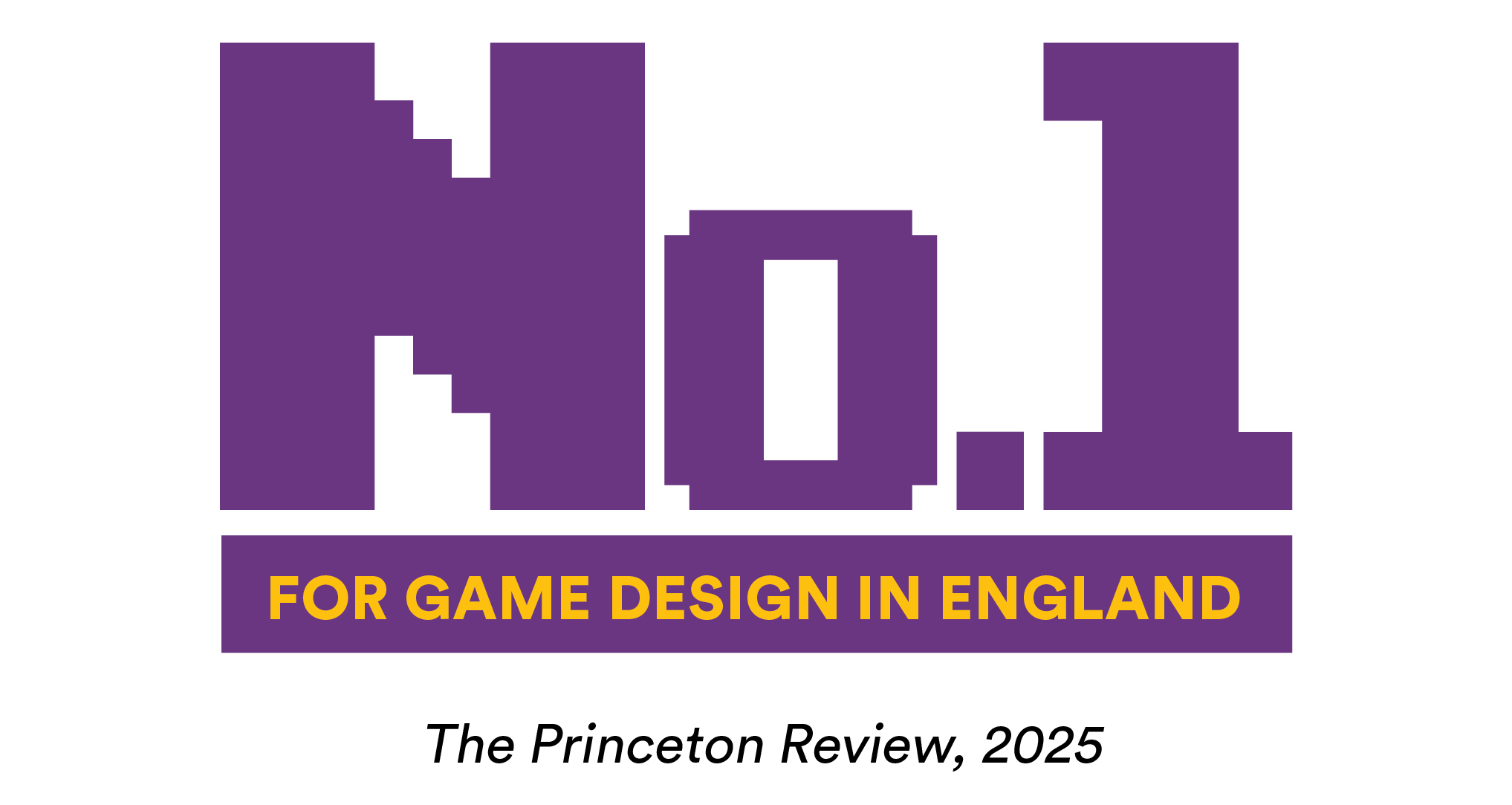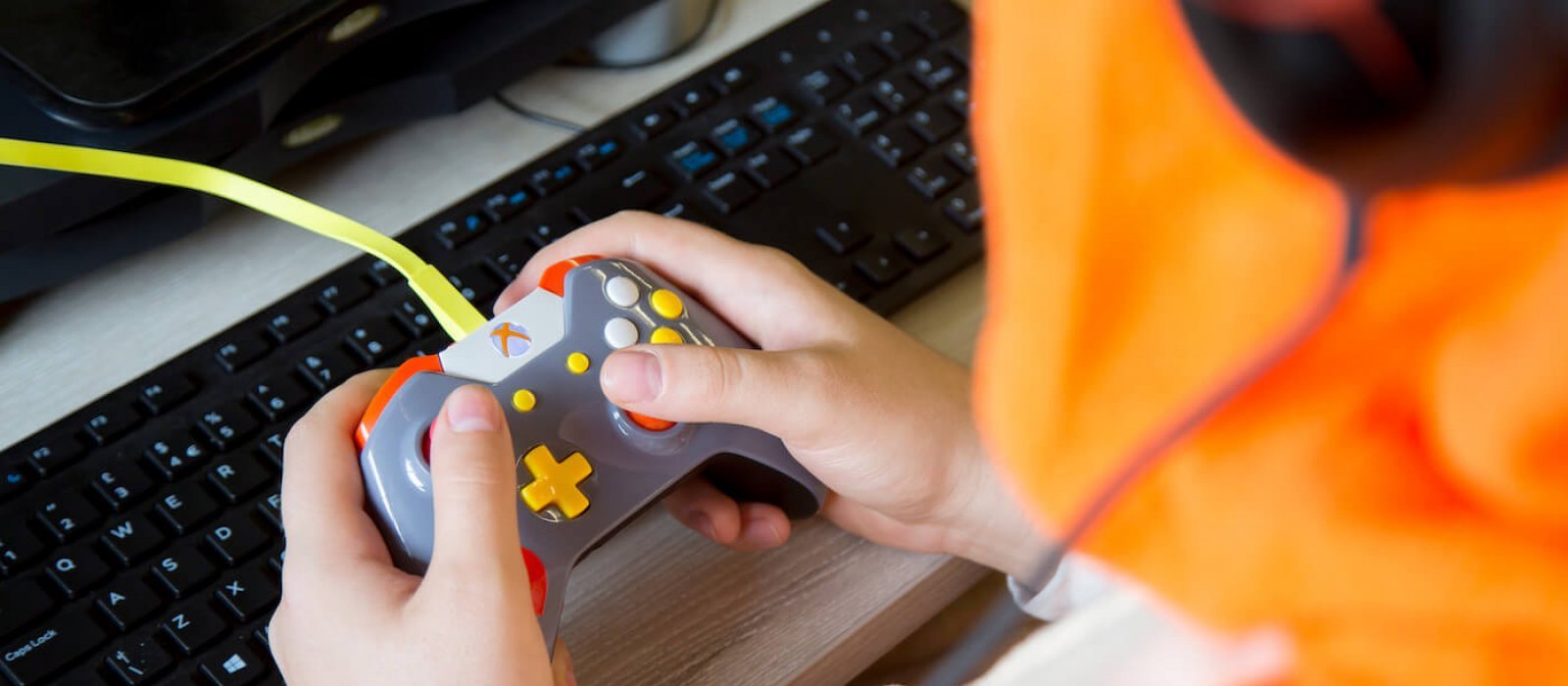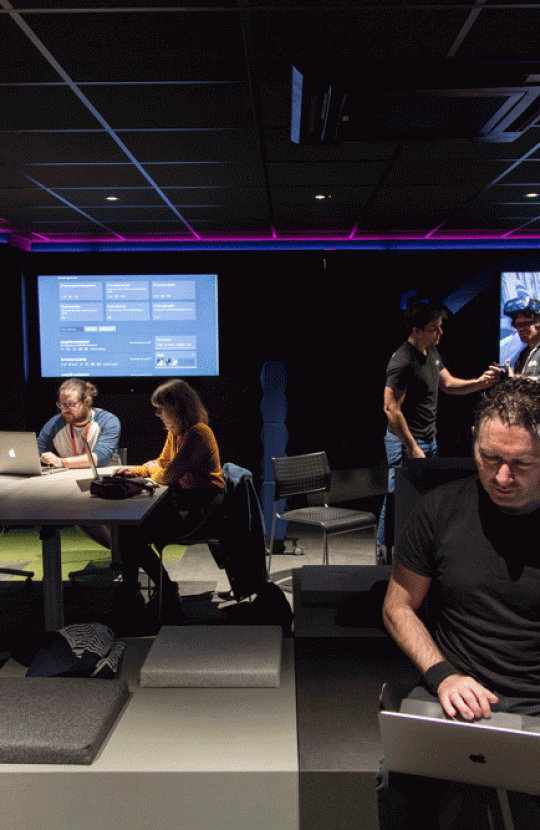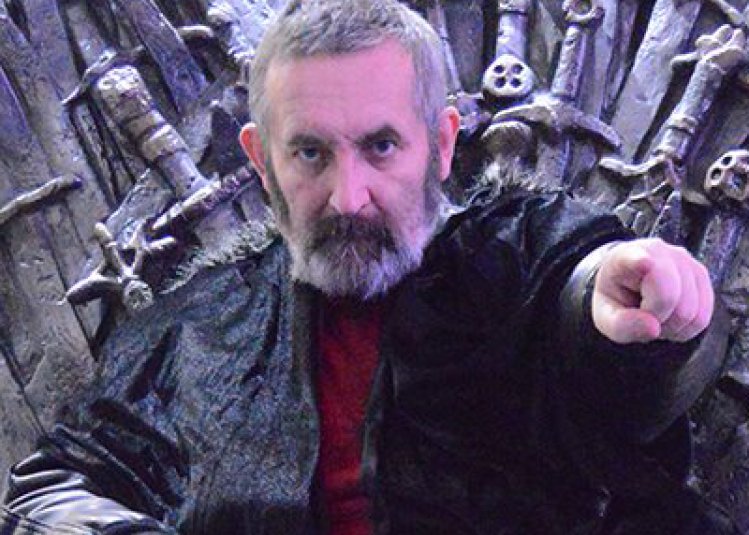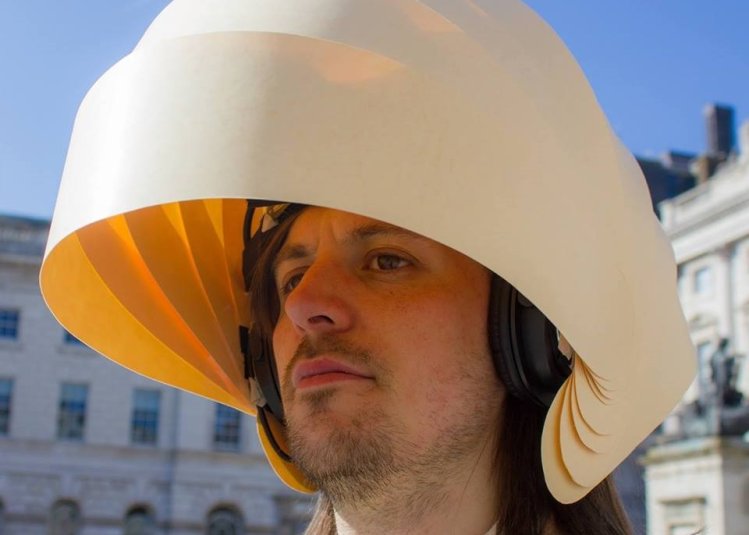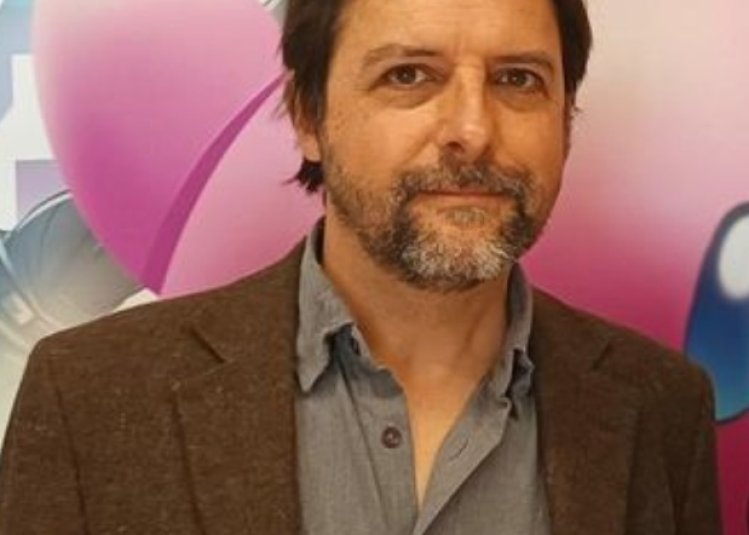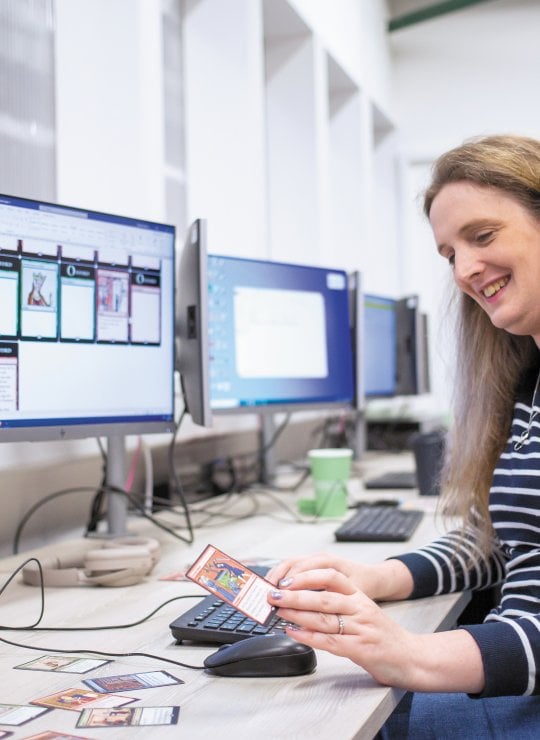
Game Design MA
Work alongside programmers and artists to create original games.
Course overview
Are you passionate about games and keen to make them better? On this industry-focused MA course you’ll consider what makes a game engaging and meaningful, taking your skills to the next level as you work alongside programmers and artists in a studio environment to create distinctive work.
You’ll explore specialist areas in design to discover new horizons in gaming, collaborating with other talented game-lovers to bring your own ideas to life in indie, AAA or tabletop games. With help from expert practitioners with links to both industry and academia, you’ll learn iterative design principles and how to implement research, user testing and feedback – gaining the tools you need for a career in games and media.
Study at Falmouth:
- We’re ranked 11th in the world for postgraduate games courses, No.1 for both undergraduate and postgraduate Games Design in England (The Princeton Review 2025)
- Access industry-standard facilities, including dedicated space in a well-resourced game development studio with AR and mixed reality technology, VR headsets and 3D printers
- Devise and create original game designs and experiment with novel game mechanics
- Benefit from our guest speaker series, featuring professionals from across the games industry – from studio heads to level designers, design leads and producers
Similar courses
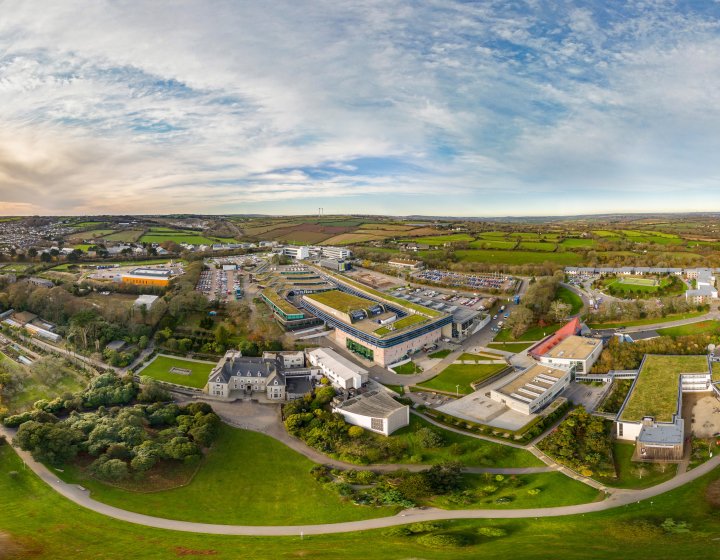
Artificial Intelligence for Creative Practice MA
This master’s programme explores how emerging technologies can enhance and transform human creativ...
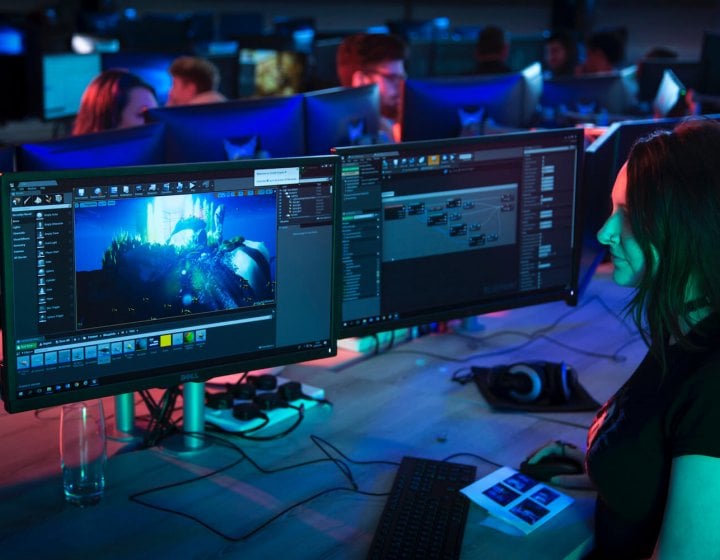
Game Programming MSc
Get the edge in the highly competitive games industry by learning technical, creative and profession...
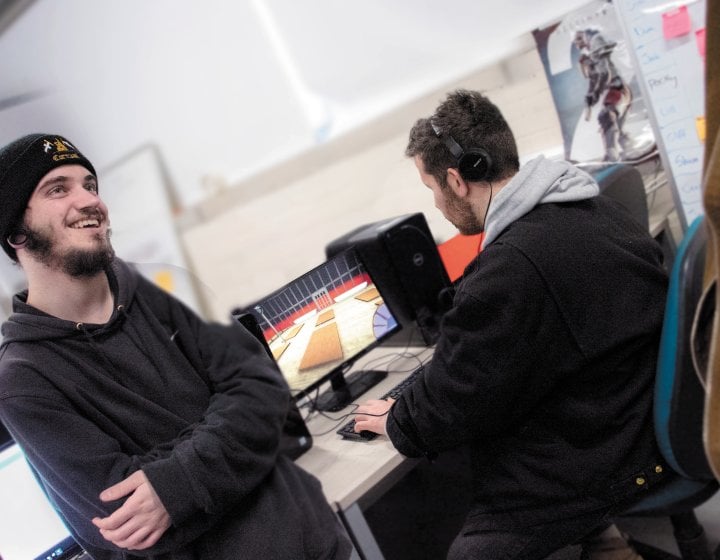
Indie Game Development MA (Online)
Become a confident and daring indie game developer, producing vibrant and engaging experiences for g...
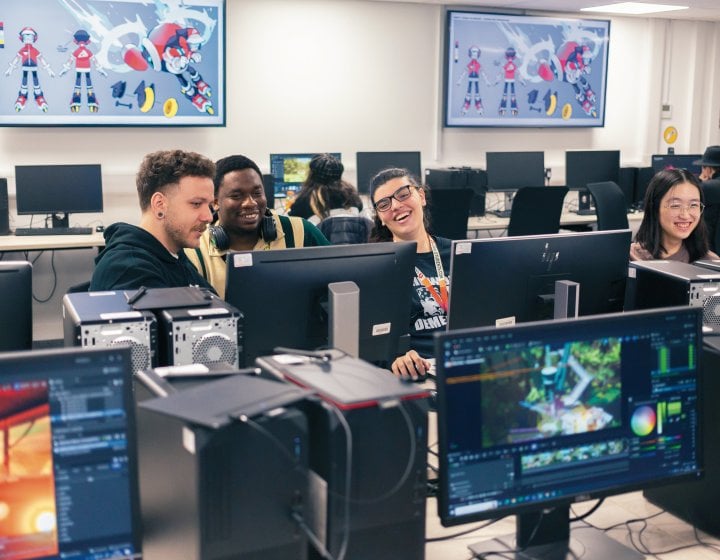
Game Art MA
Are you an artist with a passion for games? Do you want to develop your skills to meet the challenge...
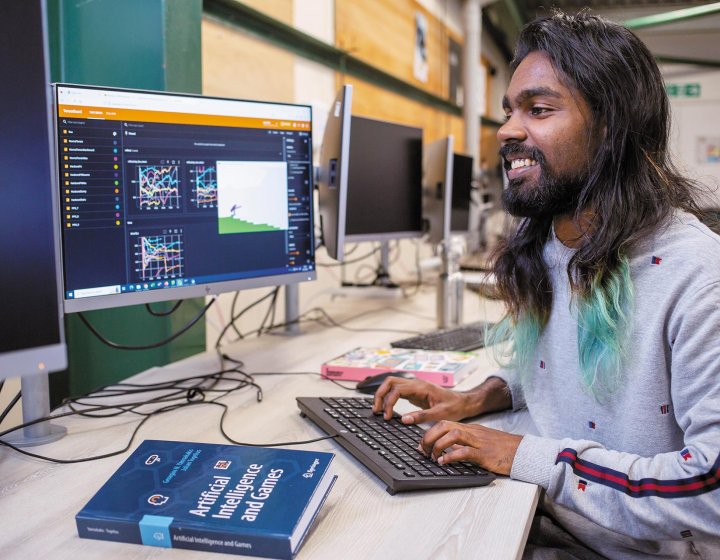
Artificial Intelligence for Games MSc
Break new ground in the application of AI for games. Do you want to explore the applications of...

